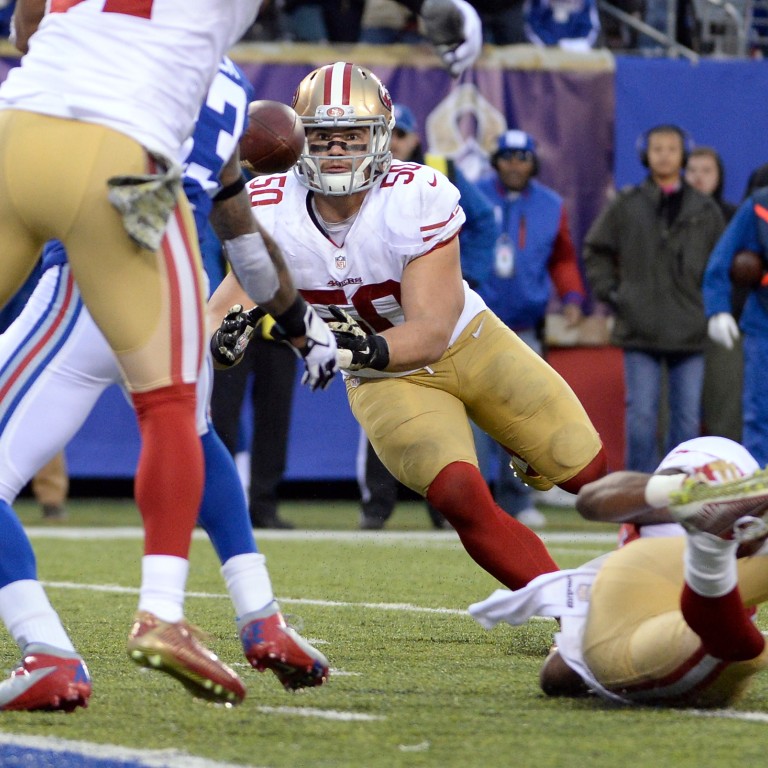
Drug agents raid NFL teams' medical units
Staff and players are questioned following a class-action lawsuit by 1,200 former players who claim that doctors would freely give out medication
Federal drug enforcement agents showed up unannounced to check at least two visiting NFL teams' medical units as part of an investigation into former players' claims that teams mishandled prescription drugs.
There were no arrests, Drug Enforcement Agency spokesman Rusty Payne said. The San Francisco 49ers' staff members were checked at MetLife Stadium in East Rutherford, New Jersey, after they played the New York Giants.
The Tampa Bay Buccaneers' workers were going to be checked at Baltimore-Washington International airport after their game against the Redskins.
This is an unprecedented raid on a professional sports league. I trust the evidence ... was compelling
The operation was continuing and other teams may be checked later, Payne said.
"DEA agents are currently interviewing NFL team doctors in several locations as part of an ongoing investigation into potential violations of the [Controlled Substances Act]," Payne said.
The DEA did not target specific teams, but were done to measure whether visiting NFL clubs were generally in compliance with federal law. Agents requested documentation from visiting teams' medical units for any controlled substances in their possession, and for proof that doctors could practice medicine in the home team's state.
The nationwide probe is being directed by the US Attorney's Office for the Southern District of New York - where the NFL is headquartered - but involves several US attorney's offices.
The investigation was sparked by a lawsuit filed in May on behalf of former NFL players going back to 1968. The number of plaintiffs has grown to more than 1,200, including dozens who played as recently as 2012. Any violations of federal drug laws from 2009 forward could also become the subject of a criminal investigation because they would not be subject to the five-year statute of limitations.

"This is an unprecedented raid on a professional sports league," said Steve Silverman, one of the attorneys for the former players. "I trust the evidence reviewed and validated leading up to this action was substantial and compelling."
Federal prosecutors have conducted interviews in at least three cities over the past three weeks, spending two days in Los Angeles in late October meeting with a half-dozen former players - including at least two who were named plaintiffs in the painkillers' lawsuit, according to multiple people with direct knowledge of the meetings who spoke on the condition of anonymity.
The lawsuit alleges the NFL and its teams, physicians and trainers acted without regard for players' health, withholding information about injuries while at the same time handing out prescription painkillers such as Vicodin and Percocet, and anti-inflammatories such as Toradol, to mask pain and minimise lost playing time.
The players contend some teams filled out prescriptions in players' names without their knowledge or consent, then dispensed those drugs - according to one plaintiffs' lawyer - "like candy at Halloween".
